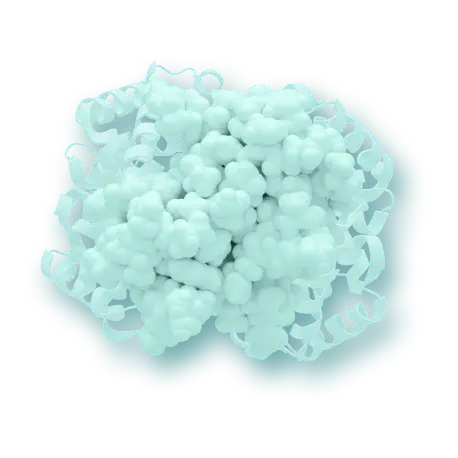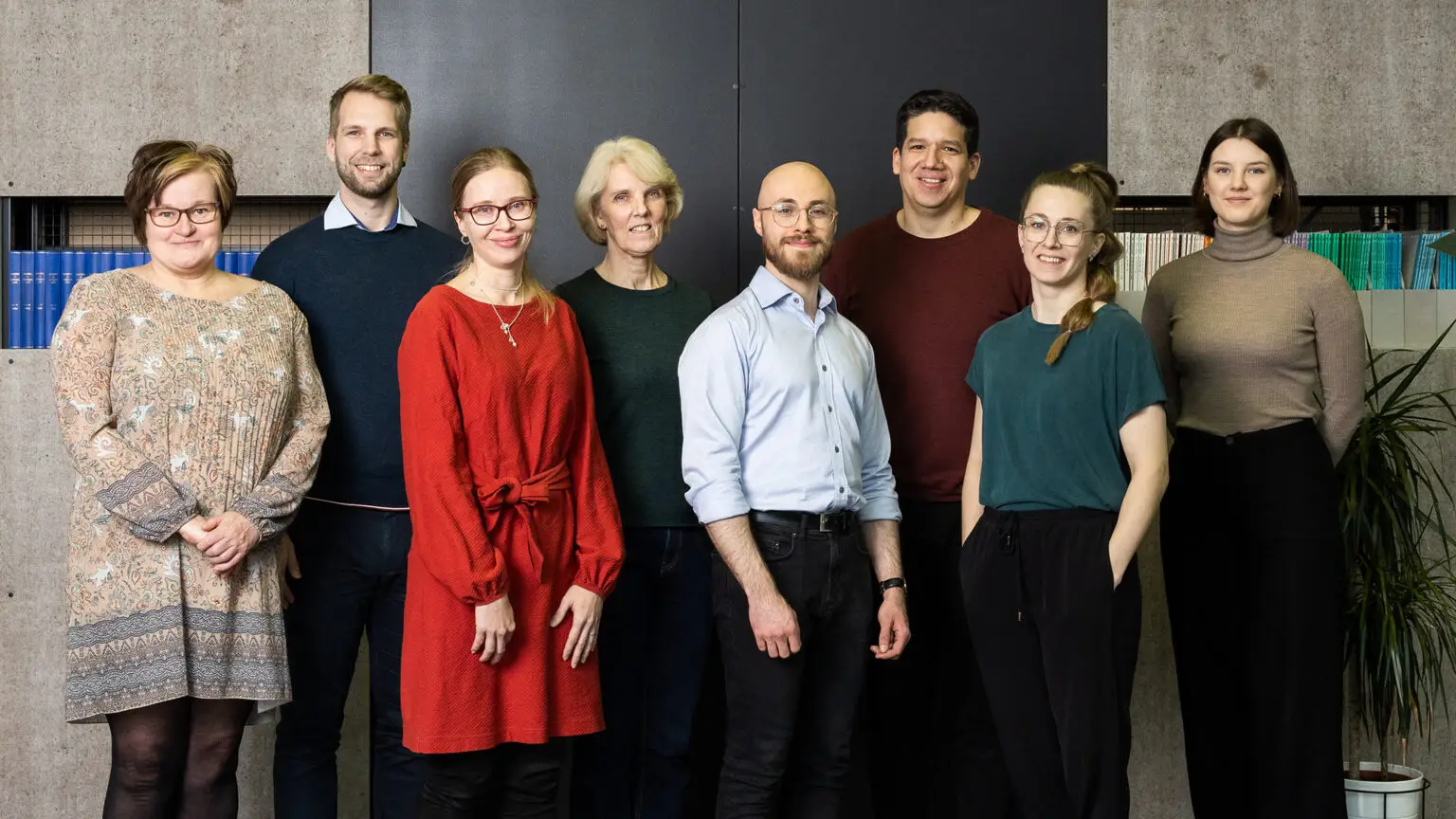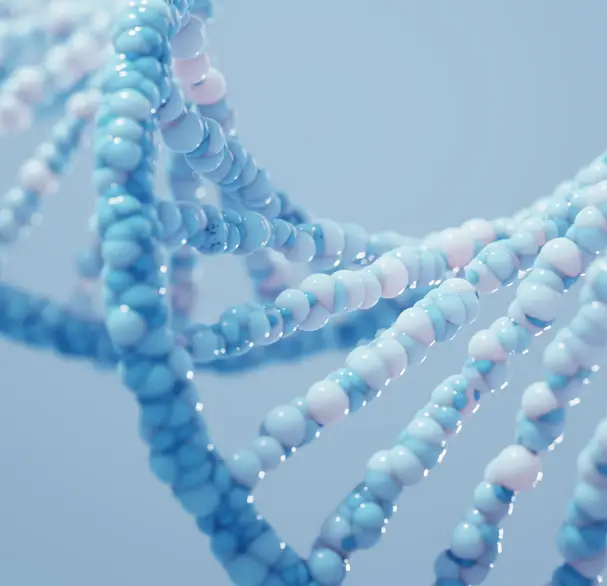A Path Forward for Families with Hereditary Cancer
Lynch syndrome is the most common cause of
hereditary cancers but difficult to diagnose.
Lynsight offers a new way to test for Lynch
syndrome, so healthcare providers can focus on
the path instead of the problem.
Lynch syndrome is the most common cause of hereditary cancers but difficult to diagnose. Lynsight offers a new way to test for Lynch syndrome, so healthcare providers can focus on the path instead of the problem.
1
in
279
People have Lynch syndrome
But only 35% of Lynch syndrome cases are confirmed through DNA sequencing, leaving patients, families, and providers in a state of uncertainty.


DiagMMR is Lynsight’s simple and accurate test that reliably detects mismatch repair (MMR) deficiency, supporting early Lynch syndrome diagnosis.


DiagMMR is Lynsight’s simple and accurate test that reliably detects mismatch repair (MMR) deficiency, supporting early Lynch syndrome diagnosis.
Lynch syndrome research
Tumor-independent detection of inherited mismatch repair deficiency for the diagnosis of Lynch syndrome with high specificity and sensitivity
Lynch Syndrome Genetics and Clinical Implications
PMS2 expression decrease causes severe problems in mismatch repair
Predictive cancer diagnostics: LS CancerDiag Ltd has developed DiagMMR, an innovative method to detect cancer syndrome before cancers form.
Assessment of the InSiGHT Interpretation Criteria for the Clinical Classification of 24 MLH1 and MSH2 Gene Variants
Assessing How Reduced Expression Levels of the Mismatch Repair Genes MLH1, MSH2, and MSH6 Affect Repair Efficiency
Application of a 5-Tiered Scheme for Standardized Classification of 2,360 Unique Mismatch Repair Gene Variants in the InSiGHT Locus-Specific Database
Functional Analyses Help to Assess the Pathogenicity of MMR Gene Variants of Uncertain Significance
Mismatch Repair Analysis of Inherited MSH2 and/or MSH6 Variation Pairs Found in Cancer Patients
A Putative Lynch Syndrome Family Carrying MSH2 and MSH6 Variants of Uncertain Significance—Functional Analysis Reveals the Pathogenic One
Verification of the Three-Step Model in Assessing the Pathogenicity of Mismatch Repair Gene Variants
Mechanisms of pathogenicity in human MSH2 missense mutants

Founded by the leaders
in Lynch syndrome research
Lynsight has been on the forefront of Lynch syndrome research for over 25 years, driven by the mission to find a better way to help people prevent cancer. What started in the labs of the University of Helsinki in the 1990s will not stop until every potential Lynch syndrome case is tested





